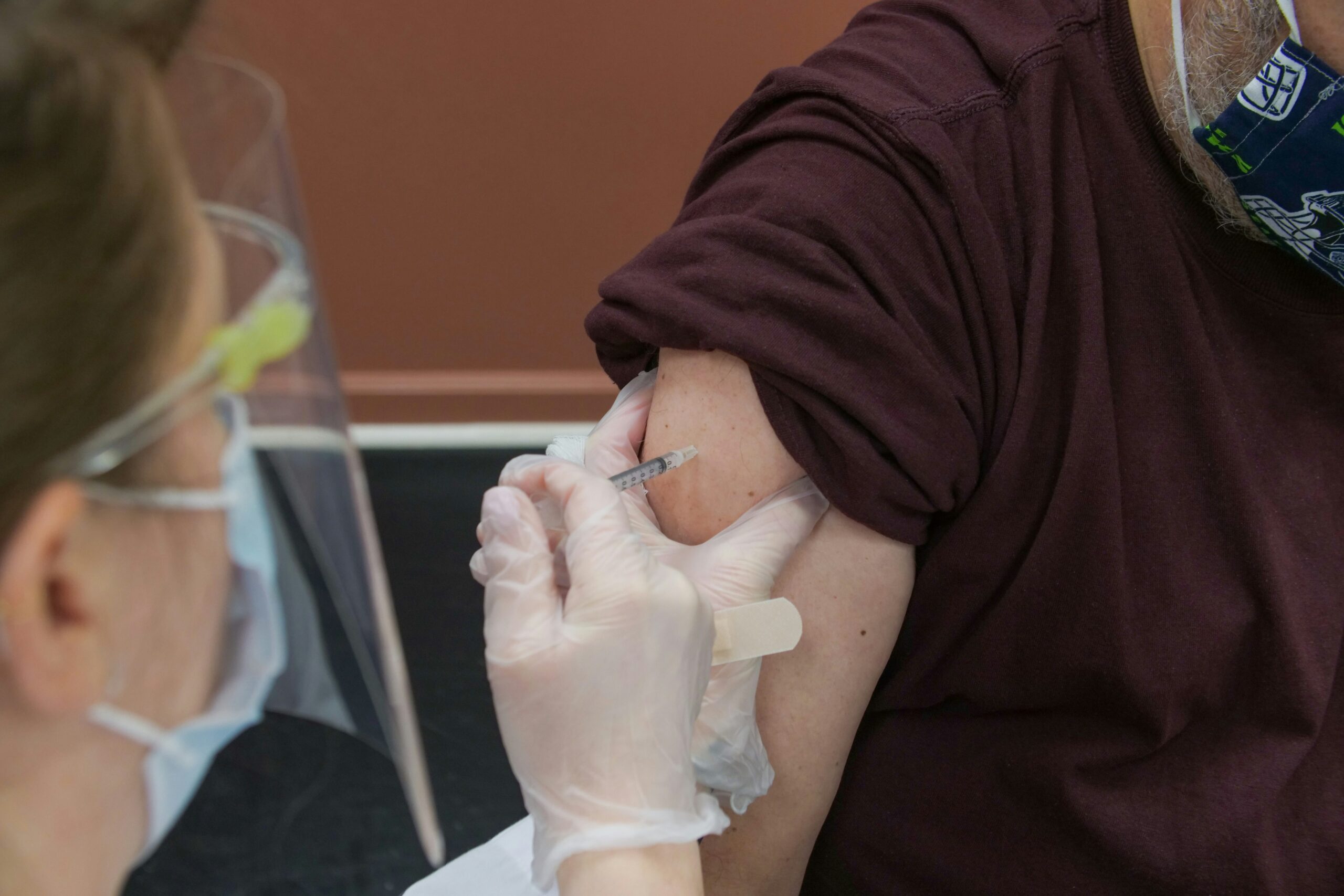Facing the harsh reality of what the liver endures due to prolonged alcohol consumption can be scary. Alcohol is a known toxin that, over time, exacts a serious toll on this vital organ responsible for more than 500 bodily tasks. The journey to rehabilitating your health begins with understanding the damage alcohol causes to your liver and acknowledging how crucial liver detoxification is in overcoming dependency and restoring well-being.
How is The Liver Affected by Alcohol?
Alcohol impacts the liver profoundly. Each instance of filtering alcohol causes the death of liver cells, and while the organ possesses a remarkable capacity for regeneration by producing new cells, this ability is compromised with prolonged alcohol misuse. This continuous cycle can escalate to various stages of liver damage.
Understanding the health effects of alcohol on the liver is critical, both in the short term and over extended periods.
Short-Term Effects
When metabolizing alcohol, your liver can accumulate lipids or fats, a condition known as fatty liver disease. This is an early yet potentially reversible stage of alcohol-related liver damage, interrupting proper functions of the liver and causing inflammation, leading to an enlarged liver.
Long-Term Effects
As the condition progresses, individuals face an increased risk of developing more severe forms of liver disease, which is ultimately a chronic and life-threatening illness.
Understanding Damage to The Liver Caused by Alcohol Use Disorder
In addition to alcohol-related fatty liver disease, there are other conditions that can be caused by excessive alcohol consumption or alcohol use disorder:
Alcohol-Related Hepatitis
This condition features significant inflammation and swelling in the liver due to excessive drinking, leading to deterioration of liver cells and hampering its functionality. Developing over several years, early stages of alcohol-related liver disease could be reversed with abstinence. However, acute forms may manifest rapidly within weeks or months and have the potential to be fatal if not properly addressed.
Alcohol-Related Cirrhosis
This occurs when the liver has been extensively damaged by chronic alcohol consumption, causing scar tissue to replace much of the healthy tissue. This advanced stage drastically compromises the liver’s ability to perform essential tasks like filtering blood, fighting infections, processing nutrients from food, and efficiently disposing of toxic substances in our body. This irreversible damage places individuals with alcohol-related cirrhosis at a significantly higher risk for developing liver cancer and can be fatal.
Signs and Symptoms That Your Liver is Damaged From Alcohol
Recognizing the signs and symptoms of alcohol-induced liver damage is crucial so you can seek help and implement necessary lifestyle changes. Some of the common signs and symptoms include the following:
- Fever
- Loss of Muscle
- Fatigue and Weakness
- Unintentional Weight Loss
- Nausea and Vomiting
- Pain Over the Liver
- Bruising or Bleeding
- Confusion and Difficulty Thinking
- Memory Loss
- Personality Changes
- Swelling in Your Abdomen
- Jaundice
The exact symptoms and their intensity will vary based on how damaged your liver is. If you drink heavily and start to notice any of these signs, you should speak with your medical provider as soon as possible.
Myths About Detoxing the Liver from Alcohol
When discussing liver detox, it’s important to discern fact from fiction and dispel some of the common myths:
Myth: Liver cleanses are important for daily health
Truth: There seems to be enthusiasm surrounding the practice of liver cleansing, supposedly leading to significant wellness benefits. However, while several components frequently used in these cleanses possess potentially beneficial effects on your health, there have not been human clinical trials supporting their benefits.
Myth: Liver cleanses can reverse existing liver damage
Truth: Contrary to popular belief, liver cleanses cannot undo existing liver damage. While they may claim effective healing traits for the liver, these claims are not extensively backed by scientific research and medical consensus. If your goal is reversing or managing existing liver disease, you should consult with a healthcare professional regarding evidence-based treatment options best suited for your health condition.
What are Some Ways to Promote Liver Health at Home?
Taking steps towards a healthier liver doesn’t always require hospitalization and complex regimens. For individuals in good health, the following steps can contribute to maintaining liver wellness. However, those with diagnosed conditions or who suspect they may have health issues should seek advice from their healthcare provider right away.
Hydrate Regularly: Emphasizing optimum hydration is essential to keep your organs functioning smoothly – especially the liver. Good fluid intake promotes blood circulation, effective transport of nutrients, and contributes significantly to the disposal of waste from the body.
Healthy Diet: Adhering to a balanced diet is another crucial step in supporting your liver health. Consuming suggested amounts of fruits, vegetables, and whole grains while lowering the intake of unhealthy fats can aid your liver’s functioning substantially.
Avoid Starvation and Binge Eating: Extreme eating patterns, like binge eating or frequently skipping meals, can generate stress on your liver and hinder its function substantially.
Keeping these tips in mind on a daily basis can be incredibly beneficial for your liver and your body as a whole. However, if you’re struggling with alcohol use disorder and related liver conditions, you should always speak with a healthcare professional as soon as possible to determine the best course of treatment.
How To Get Professional Help to Detox The Liver From Alcohol
Having professional support when navigating the path to recovery from alcohol abuse can make the journey safer and more effective. Here are a couple of options:
Drug and Alcohol Detox Facility
Detox facilities offer 24/7 medical supervision during the initial detox period. Their goal is managing physical withdrawal symptoms, which can be dangerous if not properly controlled, ranging from unpleasant symptoms like nausea and anxiety to life threatening symptoms. A detox facility can offer stabilization by trained medical staff who understand how to care for patients quitting alcohol, providing medication if needed.
Alcohol Treatment Facility
Following the initial detox stage, entering an alcohol rehabilitation program can offer a structured plan to further your recovery and maintain abstinence from alcohol. These programs provide medical support and have trained therapists, addiction counselors, and psychiatrists. The goal is to address the root causes of addiction, lower risks of relapse, foster healthier coping strategies, and improve lifestyle habits.
Through methods like cognitive behavioral therapy or group counseling, along with fitness activities, nutrition guidance, and mindfulness practices, rehabs provide individuals with tools to learn, grow, and fundamentally transform their lives through sobriety.
Going to rehab after detox can be a smoother transition compared to trying this journey alone at home. While the level of care needed will vary based on personal circumstances – for instance whether outpatient treatment or an inpatient rehabilitation program is needed – these facilities pave the way for sustained health and recovery.
How Long Does it Take the Liver to Heal From Alcohol Damage and Diseases?
The recovery time for a liver damaged by alcohol varies depending on the severity of damage and is influenced by other factors like your overall health.
For milder forms such as fatty liver disease, this condition can be managed with early detection and appropriate lifestyle modifications. Abstaining from alcohol may lead to improvement of your liver functioning. However, when the damage has progressed significantly to conditions like cirrhosis, the disease is often irreversible.
Taking proactive steps towards your health by abstaining from alcohol and reaching out for professional help is the best thing you can do for yourself. If you have questions or need help with alcohol use disorder, don’t hesitate to contact us today.
Our team has experience treating people from a range of backgrounds, giving each person the tools that they need to recover from substance use.
Lakeview Health offers a variety of addiction treatment programs for those struggling with alcohol addiction and provides gender-responsive programs. For more information about the positive outcomes of treatment, reach out today by either calling 866 704 7692 or completing our online form for more information.
** The information being provided is not medical advice and should not be used as such. It serves an educational and informational purpose only. For personal medical concerns, you should always consult with a healthcare professional.




